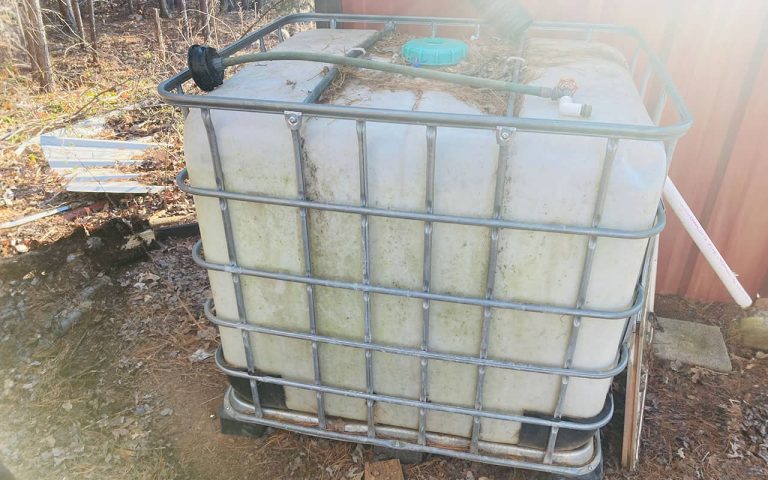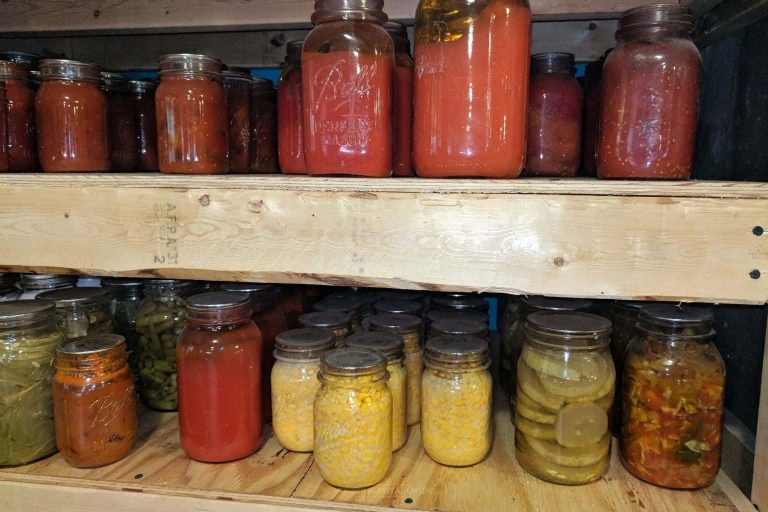
Bacterial food contamination is a major issue that sickens people and can even become life-threatening. Lately, several outbreaks involving different foods in multiple states involve a bacterium known as Listeria monocytogenes. Which items are contaminated and what are the signs and symptoms of Listeria food poisoning?
First, a little about listeria. listeria is a genus of bacteria that acts as a parasite in mammals. More than two dozen species of the organism have been identified. It’s particularly common in food contamination cases due partly to its ability to tolerate refrigeration.
(NOTE Ironically, listeria is named in honor of Joseph Lister, the British pioneer of sterile (that is, not having any bacteria at all) surgery. He might have preferred not to have disease-causing microbes taking his name!)
SIGNS AND SYMPTOMS OF LISTERIA POISONING
It’s important to recognize food poisoning as early as possible. If you ingest food contaminated by listeria, you might experience:
- Fever and chills
- Muscle aches
- Nausea and vomiting
- Diarrhea
Symptoms often begin a few days after you’ve eaten the questionable food items, but some cases are delayed as much as a month before the first symptoms appear.
In severe cases, infection with listeria may involve the nervous system, You might see the patient suffer from:
- Headaches
- A stiff neck
- Loss of balance
- Convulsions
- Altered mental status
Listeria is one of those organisms that can affect a pregnancy in a devastating manner. While the mother experiences only mild symptoms in most cases, the fetus can be stillborn or develop a life-threatening condition soon after being born alive. The elderly, diabetics, and those with weakened immune systems are also susceptible to severe consequences if infected.
WHAT FOODS ARE CONTAMINATED?
A long list of products identified or suspected to be contaminated by listeria are included in recent warnings from the government. The FDA recently announced that guacamole and salsa products sold at Kroger grocery stores have been recalled, but that’s not all: A joint announcement from an Ohio produce company and the FDA relates a recall of bagged and bulk vegetables across at least 18 states. Cucumbers, peppers, green beans, squash, and other items packed in the last few weeks and sold at Walmart and Aldi stores are included.
In addition, popular deli meats brand Boar’s Head has recalled more than 200,000 pounds of products due to possible listeria contamination. In this case, three dozen people have been sickened and two had died. States affected include:
- Connecticut
- Delaware
- Illinois
- Indiana
- Kentucky
- Maryland
- Michigan
- New Jersey
- New York
- Ohio
- Pennsylvania
- Virginia
- West Virginia
An investigation by the CDC is ongoing. All products identified were discovered through sampling conducted by state departments or the companies themselves.
Wiers Farm is also recalling bulk vegetables distributed to Walmart, Save-a-Lot, Kroger, Shop ‘n Save and other stories in the states listed above, as well as Maine, Missouri, North Carolina, Rhode Island and Tennessee.
General information about various recalls and market withdrawals can be found at https://www.fda.gov/safety/recalls-market-withdrawals-safety-alerts
TREATMENT OF LISTERIA
Supporting the patient with good hydration is important in treating listeria infections. Fever can be treated with acetaminophen, diarrhea with loperamide, and nausea and vomiting with ondansetran. Many mild cases will resolve on their own over time without major intervention., but more severe cases should be treated early with ampicillin or sulfa drugs.
Be aware that all these OTC and prescription meds may have side effects, so use only if necessary.
PREVENTING LISTERIA INFECTIONS
Given the number of foods and states involved in the listeria outbreaks, it’s important to have a strategy to prevent sickness. To avoid a listeria infection::
- Wash your hands thoroughly with warm, soapy water before and after handling or preparing food.
- Clean raw vegetables with a scrub brush under running water.
- Cook food thoroughly. A food thermometer can help make sure meat, poultry, and egg dishes are safe to eat.
- Serve leftovers only if piping hot.
- After cooking, use hot, soapy water to wash cooking utensils, cutting boards, and kitchen counters.
Other recommendations, especially for pregnant women and those with weakened immune systems, include avoiding soft cheeses like feta, brie, camembert, and blue cheese. Also, these folks might consider skipping meats from delicatessen counters.
Joe Alton MD
























